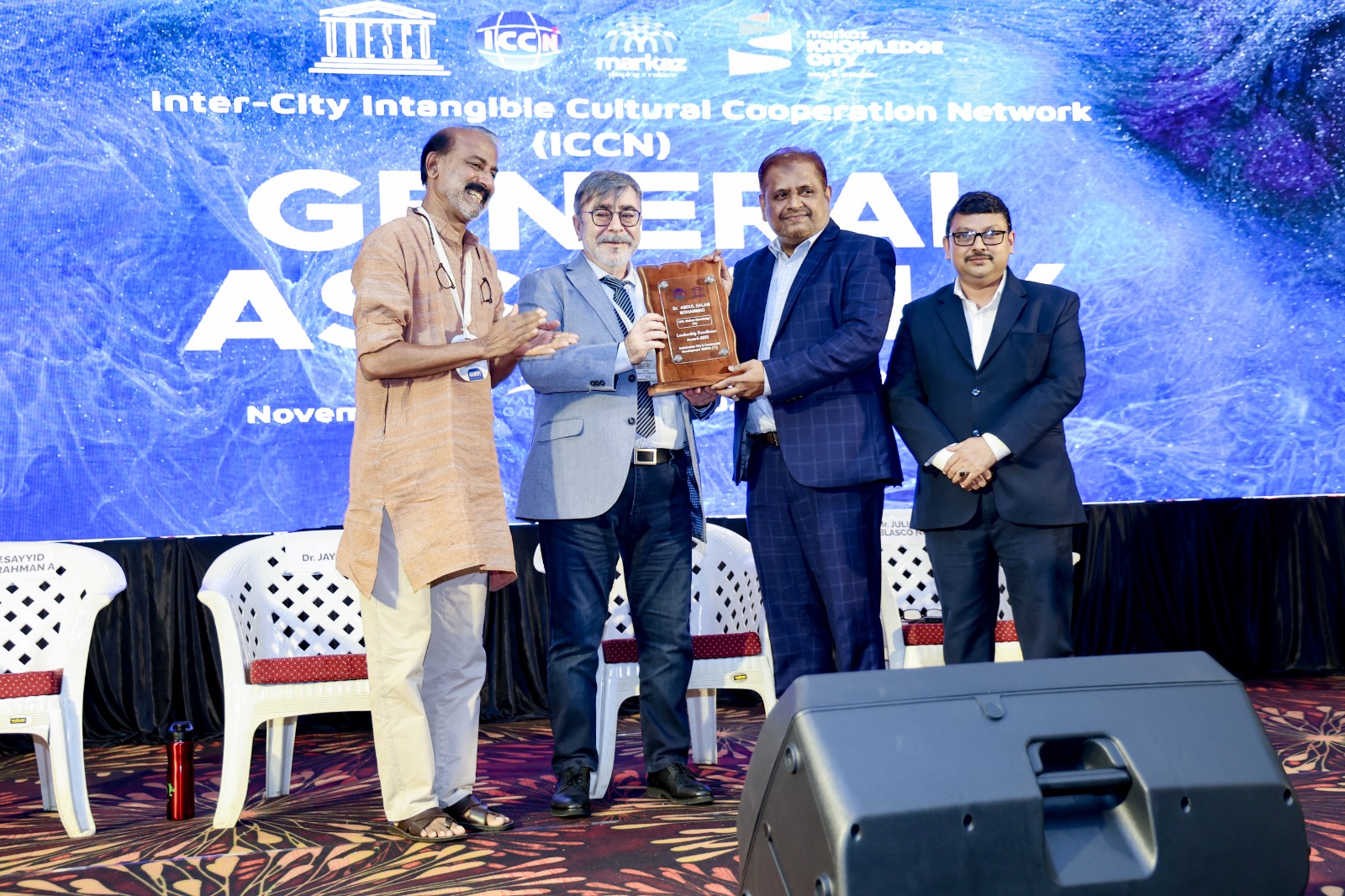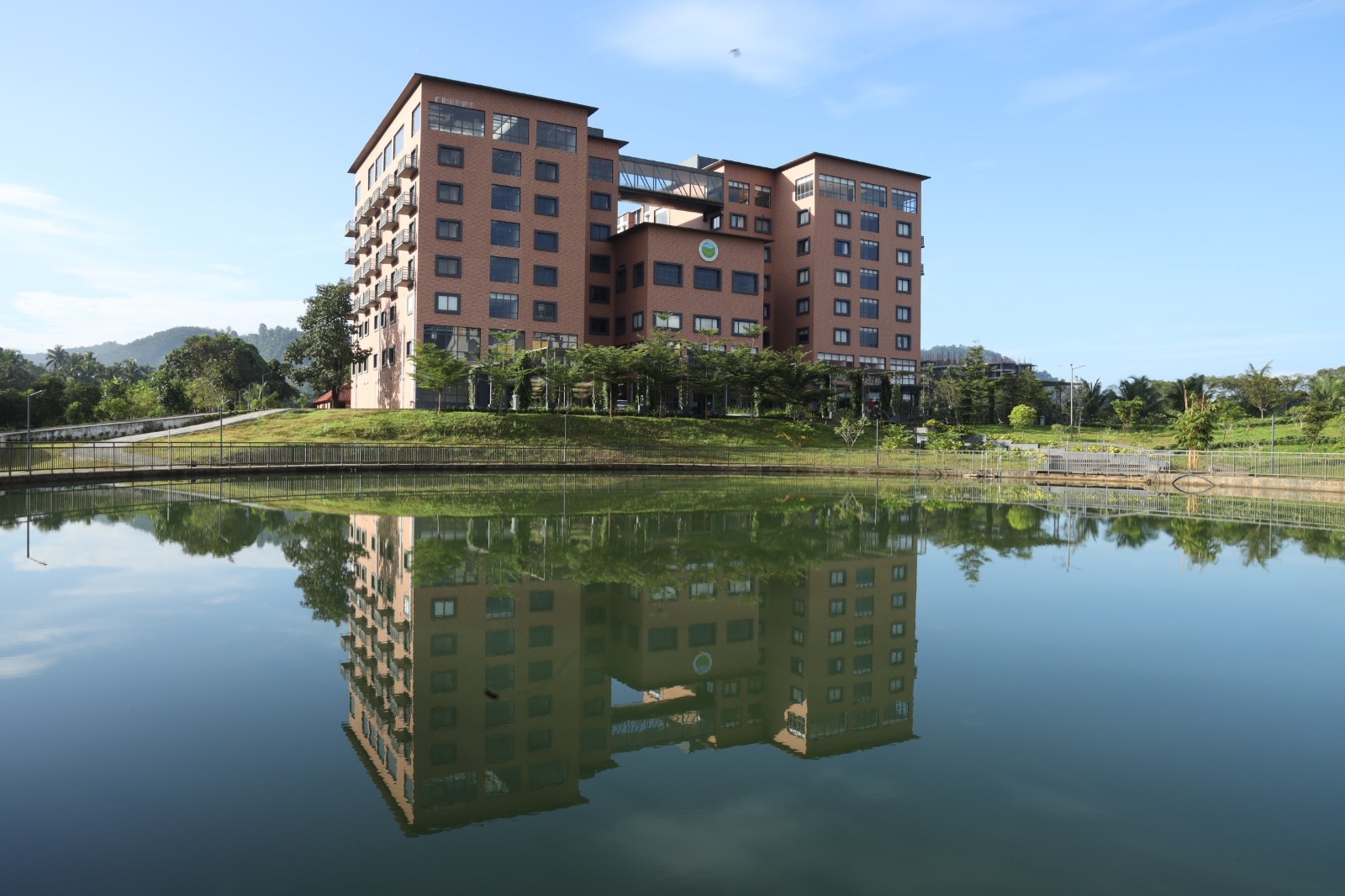
Environment & Sustainability
Embracing the United Nations Sustainable Development Goals By Dr. Abdul Salam Mohammed, CEO, Markaz Knowledge City, Former Scientist, ISRO, India Dated 30 August 2024
Challenges and Opportunities in the 21st Century
As we stand on the brink of the 21st century, the world is grappling with a myriad of unprecedented challenges. From the ongoing conflicts in Ukraine and escalating tensions between Israel and Palestine to the looming threat of nuclear conflict, global stability appears increasingly fragile. Yet, amidst this uncertainty, there is a glimmer of hope: the United Nations Sustainable Development Goals (SDGs), which offer a transformative approach to building a more secure and prosperous future.
A Complex Web of Crises
The world today is entangled in a series of interconnected crises. Climate change has intensified the frequency and severity of natural disasters, with the United Nations Office for Disaster Risk Reduction (UNDRR) reporting a more than twofold increase in economic damage from these events over the past two decades. Meanwhile, diseases once thought eradicated are re-emerging, and the COVID-19 pandemic has left a devastating toll, claiming over six million lives globally by mid-2023.
Technological advancements, particularly in Artificial Intelligence (AI), are reshaping economies and societies. The World Economic Forum (WEF) predicts that AI could eliminate 85 million jobs by 2030, particularly in industries like manufacturing and logistics. These disruptions raise critical concerns about the future stability of global economies.
Opportunities Amidst Challenges: Turning the Tide
Despite the daunting crises, there is reason for optimism. The SDGs, adopted by the United Nations in 2015, offer a comprehensive framework to tackle these global issues through sustainable development, innovation, and inclusivity.

Green Jobs and Sustainable Development
While AI and automation disrupt traditional industries, new opportunities are emerging in sustainability-driven sectors. The International Labour Organization (ILO) estimates that transitioning to a green economy could create over 24 million jobs globally by 2030, particularly in areas like renewable energy, sustainable agriculture, and green technology.
Germany’s Renewable Revolution: Germany’s Energiewende (energy transition) exemplifies how sustainability can fuel economic growth. By investing in green technologies, the country has reduced its carbon footprint and created nearly 340,000 jobs in renewable energy, with wind energy alone supporting over 157,000 jobs.
Costa Rica’s Sustainability Model: Costa Rica, having abolished its military in 1949 to focus on education and healthcare, now generates nearly 99% of its electricity from renewable sources. The country has also made significant progress in reversing deforestation, serving as a model for sustainability.

Evolving Education for a Complex Future
As the world becomes more complex, education systems must evolve to prepare future generations. Traditional methods that emphasize rote memorization and standardized testing are increasingly insufficient.
California’s High Tech High: In California, the High Tech High network promotes Project-Based Learning (PBL), where students solve real-world problems like designing sustainable homes. This hands-on approach enhances academic performance while fostering essential skills like collaboration and resilience.
Finland’s Phenomenon-Based Learning: Finland’s education system employs Phenomenon-Based Learning (PhBL), encouraging students to explore complex issues, such as climate change, from multiple disciplinary angles. This approach promotes a deeper understanding of global challenges and equips students to address them effectively.
Revolutionizing Healthcare with Technology
The integration of AI and robotics into healthcare is revolutionizing diagnosis and treatment, improving efficiency and accuracy in medical services.
AI in Cancer Treatment: IBM’s Watson for Oncology is a powerful example of AI’s potential in healthcare. By analyzing medical data, Watson can recommend personalized treatment plans for cancer patients, aligning with human oncologists' recommendations in 96% of cases.
Smart Healthcare Centres: The UK’s National Health Service (NHS) has adopted AI-powered systems to monitor chronic diseases and reduce hospital admissions. Wearable devices provide real-time data, which AI systems analyze to detect early signs of complications, transforming chronic disease management.
.jpeg)
Learning from Nature and History
The growing frequency of natural disasters underscores the importance of robust disaster management strategies. The tragic landslide in Wayanad, Kerala, is a stark reminder of nature’s power and the need for preparedness.
Japan’s Disaster Preparedness: Japan’s advanced disaster preparedness, including early warning systems and community drills, offers valuable lessons for other nations facing similar threats.
Animal Behavior Insights: Research into animal behavior has revealed that animals often act unusually before disasters. Inspired by this, companies like Sony are developing early warning systems based on animal behavior, which could significantly enhance disaster prediction and response.
Scandinavia’s Water Management: Scandinavian countries, such as Denmark and Finland, demonstrate the importance of sophisticated water management to protect natural resources. Denmark’s innovative practices, like energy recovery from wastewater, offer scalable solutions for global adoption.
The Quest for Peace: A Shared Responsibility
Achieving global peace remains a monumental challenge, but initiatives are underway to foster dialogue and conflict resolution.
Youth Empowerment for Peace: The United Nations Alliance of Civilizations (UNAOC) empowers young people to advocate for peace and tolerance through education and leadership training, fostering a culture of dialogue and addressing the root causes of conflict.
Conclusion: A Call to Collective Action
The challenges we face are vast, but they are not insurmountable. By embracing sustainability, transforming education, leveraging technology, improving disaster management, and advocating for peace, we can create a just, peaceful, and sustainable world. The United Nations Sustainable Development Goals provide a crucial roadmap for this journey, guiding us towards a brighter future for all.